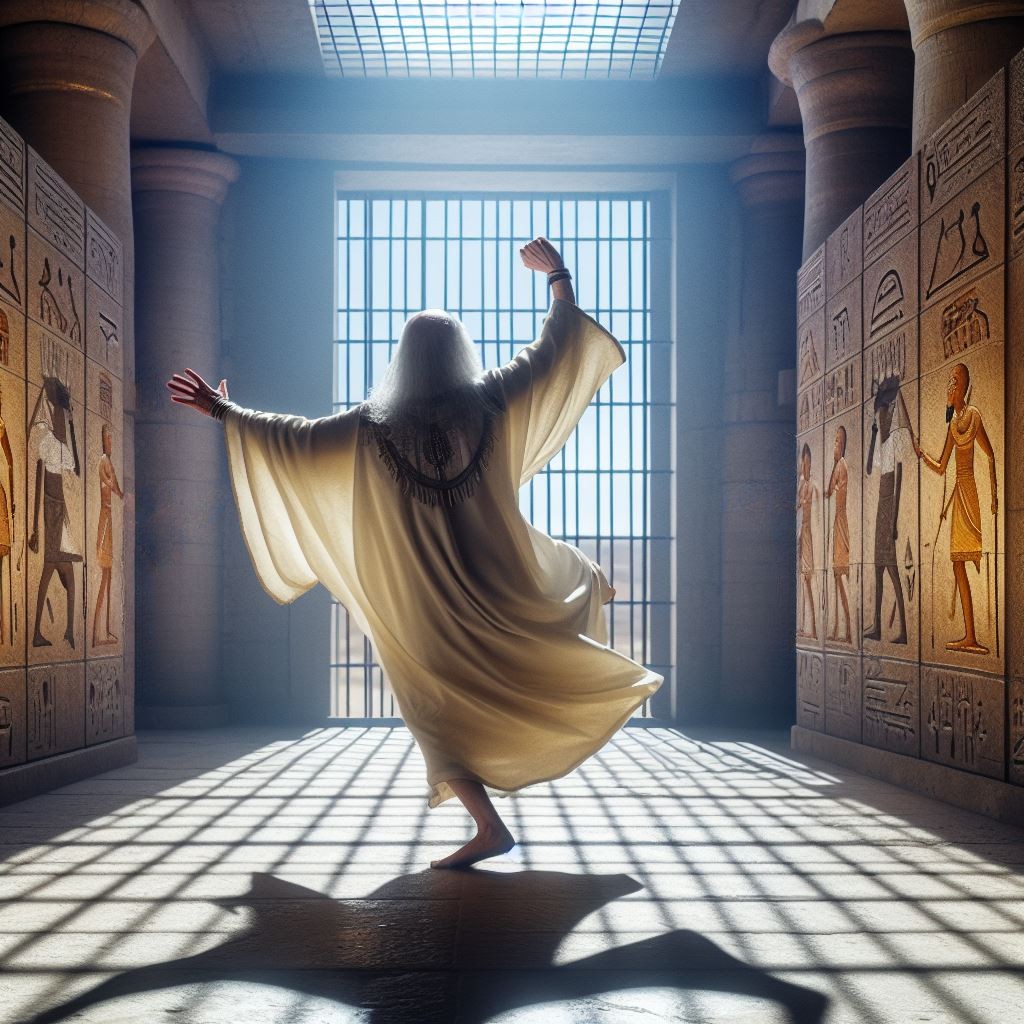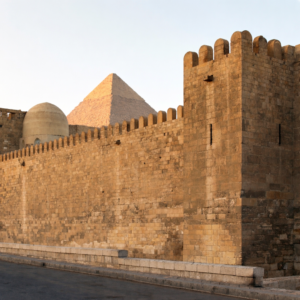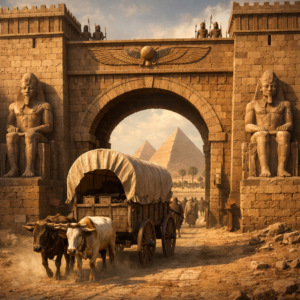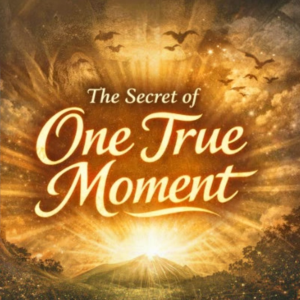- Joy ⬦ Read ⬦ Shabbat ⬦ Weekly Torah Portion
Parshat Vayigash – The Joy of Yosef
In this week’s Parsha, Yosef Hatzaddik finally reveals himself to his brothers. He explicitly conveys that he harbors no resentment against them. In fact, he urges them not to be saddened or carry guilt, asserting that Hashem orchestrated his journey for a purpose. The verse, found in chapter 45, verse 5, states, “Now, do not be sad or angry with yourselves for selling me to Egypt. It was to save lives that Hashem sent me ahead of you.”
Here, Yosef acknowledges that Hashem had destined him for Egypt. The only means for this destiny to unfold was through his sale as a slave, subsequent imprisonment, and the challenges he faced. Yosef Hatzaddik reflects on his unique path, culminating in his role as the Viceroy of Egypt. It becomes apparent that Yosef was operating on a profound level. Despite being sold into slavery by his own brothers, he bears no resentment. This raises the question: how does one maintain such equanimity in the face of such betrayal?
Reb Noson observes the greatness of Yosef Hatzaddik, drawing parallels to Rashi’s commentary in Parshat Vayeshev. Yosef is likened to the flame of a fire, while Yaakov is the fire itself, and Esav is akin to straw. A fire without a flame cannot reach the straw, but with the flickering flame, it can. Yosef, being an extension (Tosefet/Yosef) of Yaakov, adds positive energy to the existing situation.
Yosef was intended to be the Tzaddik of the generation, as hinted in his dreams where he foretold his family bowing down to him. When his brothers finally bowed before him in Egypt, Yosef recognized the fulfillment of his dreams. This submission was crucial for the concept of a Tzaddik of the generation to be actualized. Even Yaakov awaited the realization of Yosef’s dream, emphasizing the significance of this prophetic event.
Yosef’s key to elevating the holy sparks trapped throughout Egypt was his constant joy in serving Hashem
Returning to the Parsha, Yosef, as the true Tzaddik of the generation, manifested his greatness through adversity, from slavery to imprisonment and overcoming severe temptations. His journey was a testament to his unique role in the divine plan.
Reb Noson highlights the greatness of Yosef Hatzaddik, emphasizing his unwavering happiness. As the parsha mentions multiple times, especially in Parshat Miketz and Parshat Vayeshev, Yosef was a consistently joyful person. The Midrash notes that Yosef was known for dancing and singing to himself, regardless of the circumstances. This characteristic stemmed from his understanding that, no matter the predicament Hashem placed him in, he could remain joyful.
Yosef’s key to elevating the holy sparks trapped in slavery, bondage, and jail throughout Egypt was his constant joy in serving Hashem. By infusing his service with joy, he successfully elevated these holy sparks, ultimately leading to his becoming the Viceroy of Egypt.
Reb Noson emphasizes that the greatest tzaddikim are unafraid of significant challenges. On the contrary, they recognize that facing darkness is crucial for their complete tikkun (rectification). Their strength lies in their ability to withstand tests, fueled by their simcha (joy), unwavering faith, and trust in Hashem.
Yosef Hatzaddik harbored no ill feelings toward his brothers because he understood that his mission involved delving deep into places of darkness, danger, and impurity. His goal was to extract and elevate holiness trapped in these challenging realms. Whether he knew it would be through his brothers or not, Yosef remained positive, free of remorse. He embraced the plan, recognizing the necessity of going through such stages to release holiness only he could access.
Even Rashi hints that Yaakov sent Yosef to find his brothers, knowing it might not end well. Yet, Yosef embarked on this journey willingly, understanding that this stage of exile or darkness was essential for elevating trapped holiness. This perspective extends to every Jew encountering dark scenarios – these situations are Divinely sent opportunities to elevate holiness. The key lies in building a strong bond with simcha, connecting to Hashem, Torah, tzaddikim, and mitzvot.
On a personal level, when faced with negative situations, one’s task is to elevate the holiness trapped in that scenario. This is achieved by connecting to simcha and Hashem, infusing joy into every aspect of one’s connection to mitzvot.
Yosef’s journey to becoming the Viceroy of Egypt, starting as a slave and then in jail, exemplifies how his level of simcha successfully elevated and brought out holiness trapped in the depths.
Shabbat Shalom!
Meir Elkabas
- 0 comment






















